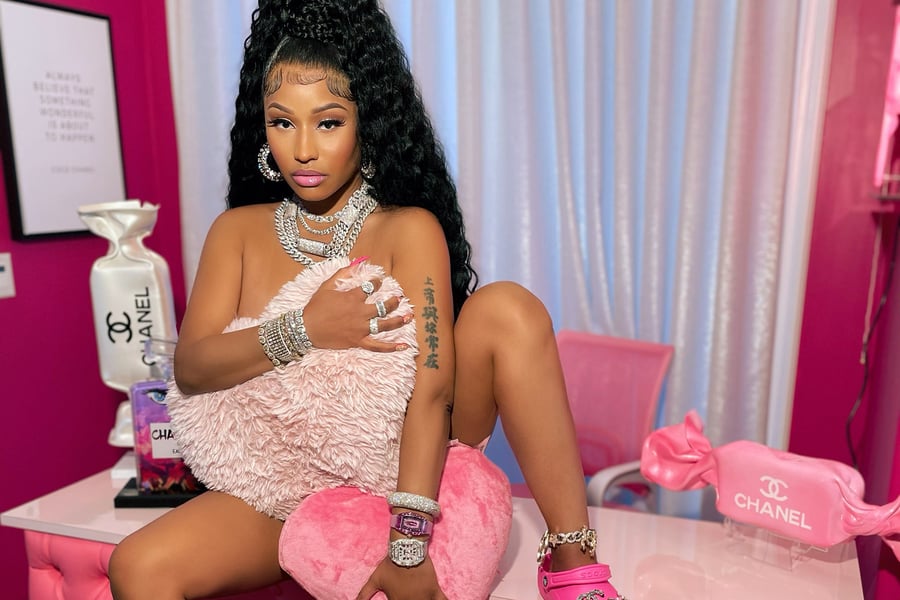Last Friday’s re-release of Nicki Minaj’s breakout 2009 mixtape Beam Me Up Scotty comes as a growing number of popular artists open up their back-catalogs to streaming platforms. For artists whose profile grew at the height of the blog era, many of these early releases offer a look at important moments of experimentation. The Weeknd’s House of Balloons and Jhené Aiko’s Sailing Soul(s) mixtapes hit streaming in March; Lil Wayne’s iconic 2009 mixtape No Ceilings last August; a smattering of Drake loosies were collected into his Care Package compilation in 2019. The re-release of Beam Me Up Scotty comes with three new songs, plus much of the original tape, creating fertile ground for discovery and re-discovery across the Nicki Minaj fandom.
It’s also a reminder of a different time. Minaj’s ascent came as rap made by women seemed to be on the decline. The number of women signed to major labels reportedly went from more than 40 to just three between the late eighties and 2010; after her arrival, Minaj became a singular figure in music for almost a decade. Pink Friday, Minaj’s debut studio album released in 2010, became the first solo album by a woman rapper to go platinum in seven years.



































